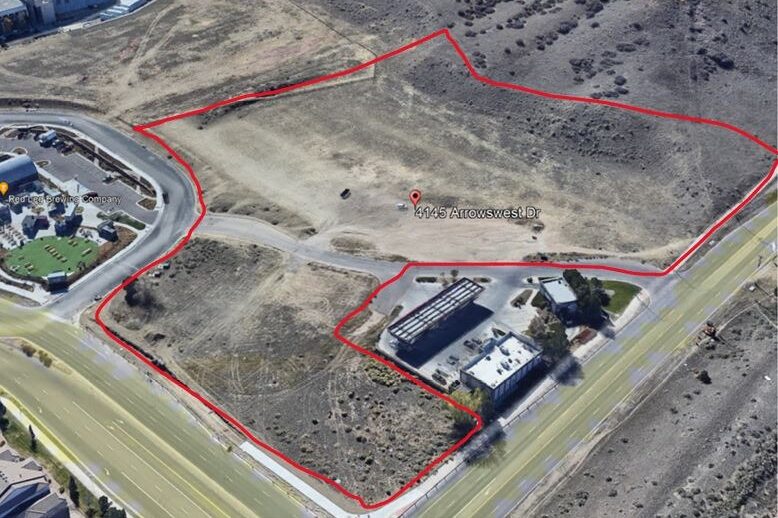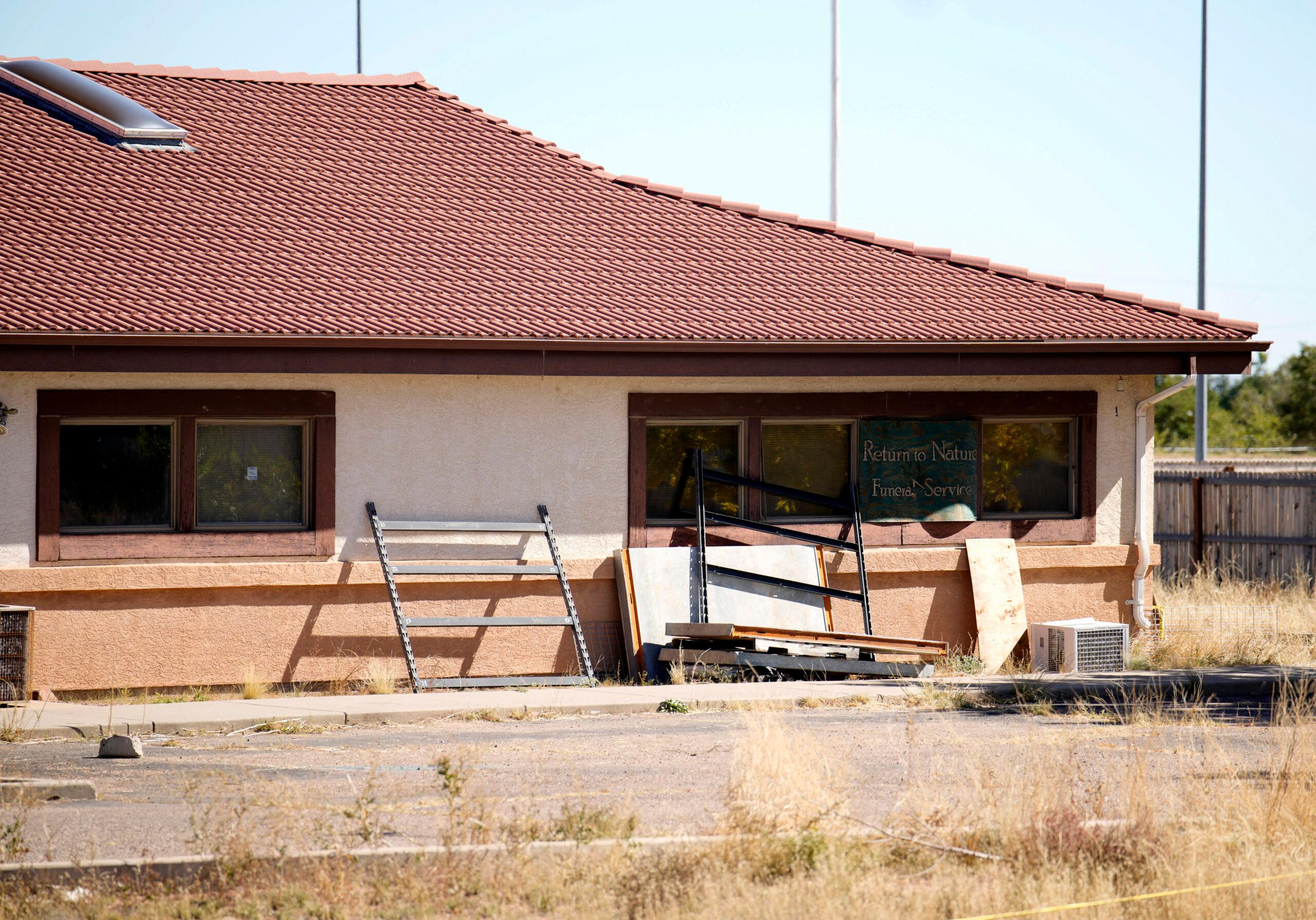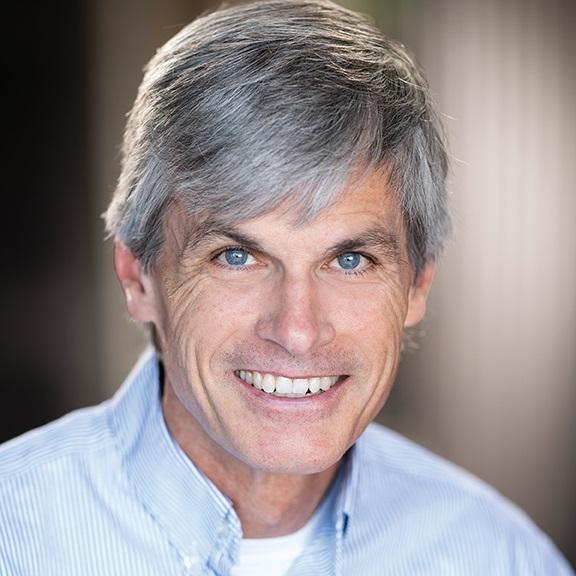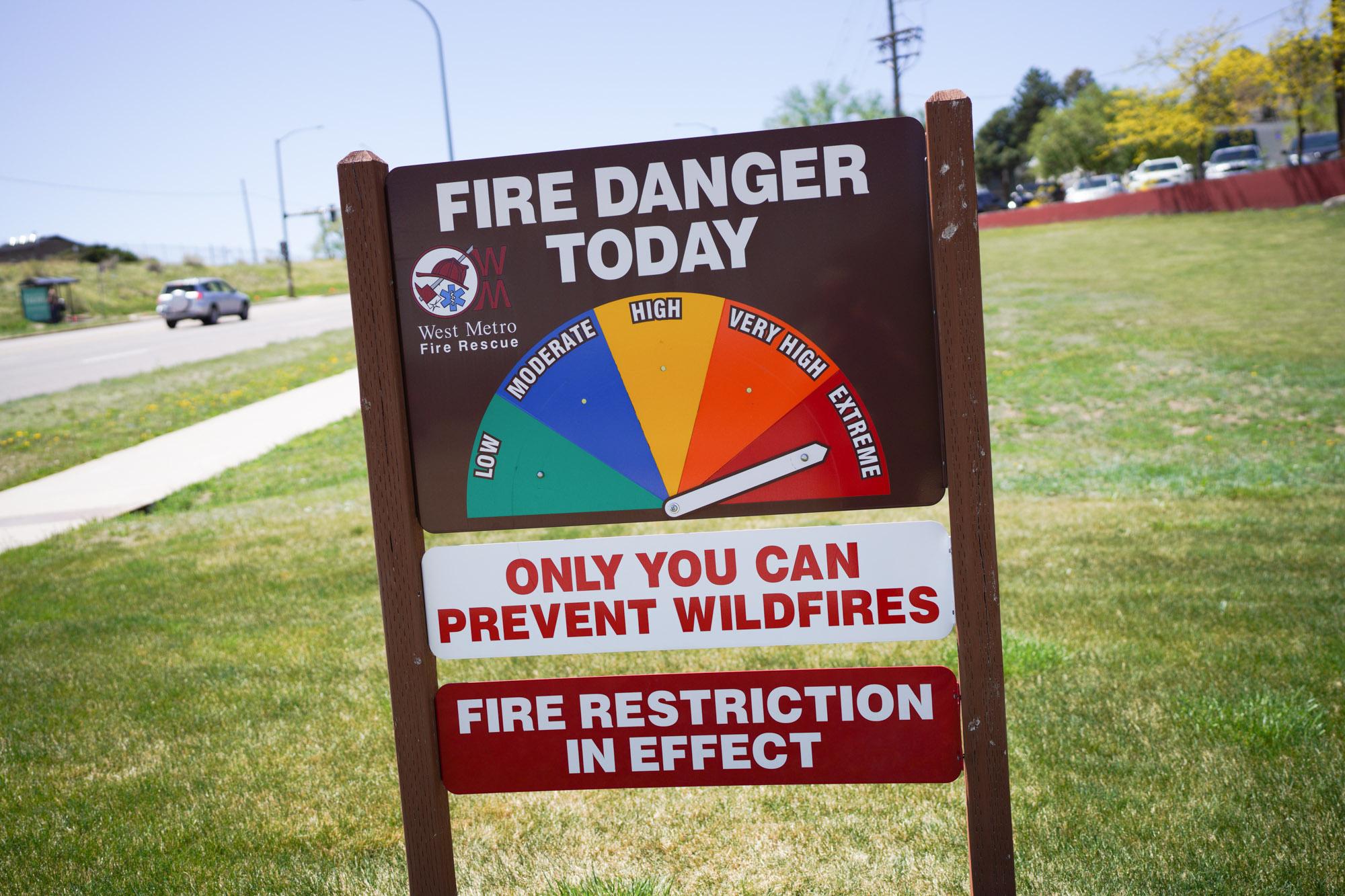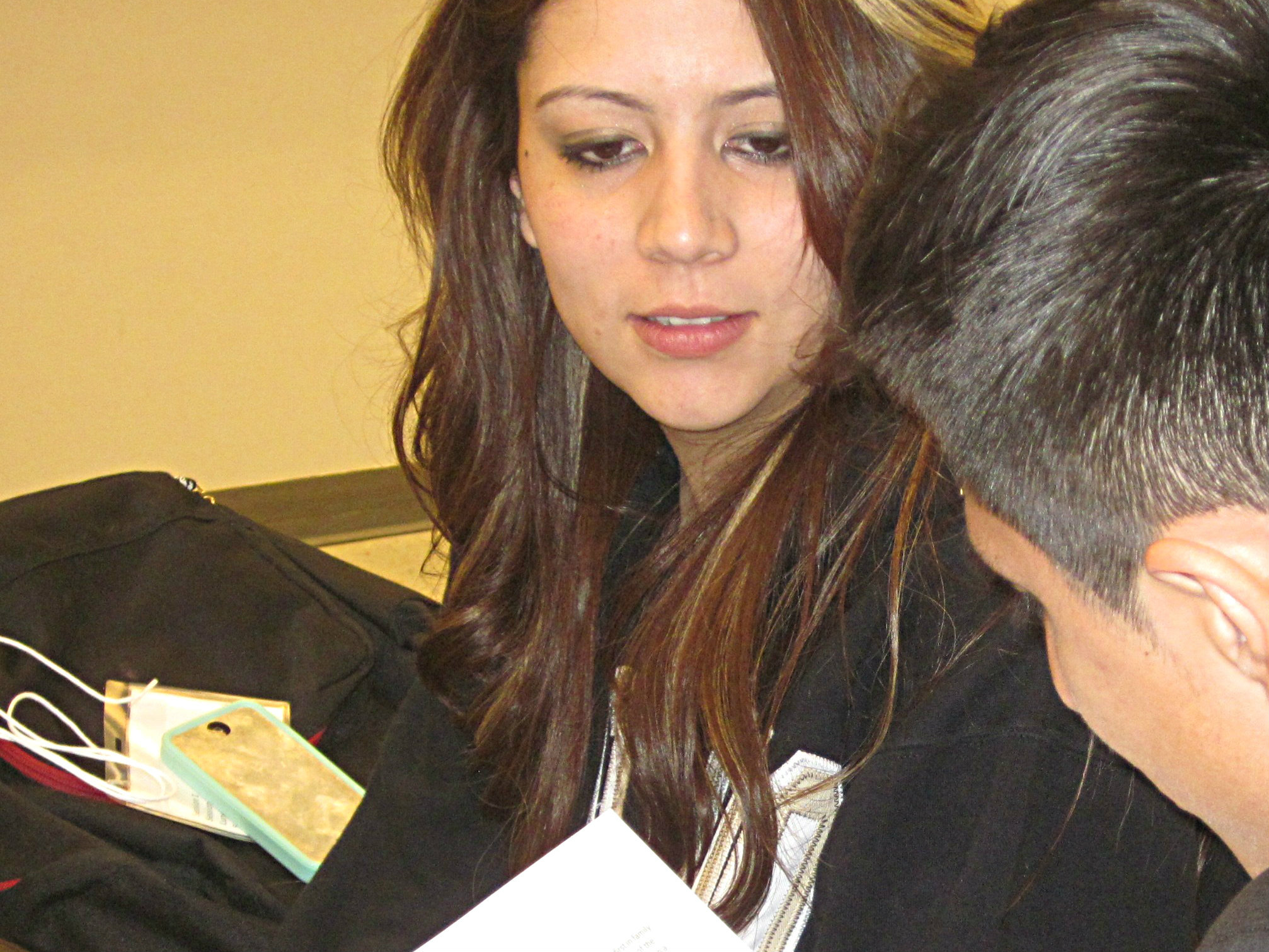
In our series Losing Ground, we’ve been reporting on the ways blacks and Latinos are worse off than whites, according to the latest census data. One example - college education. Today, we’re taking a look at the forces at play in this disparity, as CPR's education reporter Jenny Brundin tracks the progress of two high school students with their hearts set on college.
Here is a transcript of Jenny Brundin's report:
Reporter Jenny Brundin: The idea of going to college was a blip on Ana Oaxaca’s radar screen.
Ana Oxaca: Like, I thought only --not to be stereotypical -- but only white people go to college, only rich people go to college. And like I’m here saying that I’m Latino and I come from a low-income household so I was like, what’s the point of going towards an education?
Reporter: She wasn’t far off in her view of things - only 18 percent of Latinos here make it to college, compared to 32 percent of blacks, while more than half of whites make it.
Ana says her fate seemed sealed when she started high school in Denver.
Oaxaca: Freshman year I thought like I was going to be working at McDonald’s the rest of my life. I thought I was going to be like my mom, cleaning houses for the rest of my life. Basically I didn’t saw a future in me because of where I came from.
Reporter: But Ana has always loved learning and she’s especially good at math. Walking down a hallway, Ana always looks up at her name as she passes a school poster where her name is among the students who made the Dean’s list..
Oaxaca: So, I still look at the name – ‘Hey, here’s still me!’
Reporter : But Ana thought she was stupid because she often struggled with reading and spelling, flipping around the order of words. And here’s what changed everything. One day she asked a math teacher how to spell a word. He said he didn’t know.
Oaxaca: I was like, I’m not the only one! He’s a teacher and he doesn’t know how to spell a word? Maybe I can go that far too!
Reporter: Then Ana got lucky. A counselor pushed her to enroll in College Summit. It’s an intensive program, supported by foundations and individual donors that helps low-income kids.
Jesse Ramirez: To help students make the shift in their minds that they’re college material.
Reporter: That’s Jesse Ramirez, who is program manager for College Summit.When Ana showed up for her first meeting last July – a 4-day boot camp at Regis College – she’d never set foot on a campus before. It started with the confusing acronyms you have to know to apply and get money.
(sound of session)
Ramirez: It’s all these words coming at them, and they are very overwhelming. There’s that deer in the headlights kind of look like wow, how am I ever going to remember all this stuff? But they do.
Reporter: Then the kids practice mock interviews for grants. One girl breaks down in tears. The weight of her responsibilities at home, her worry over a troubled sister -suddenly hits her. But there are sessions for that. They get deep and personal. It’s a place where, Jesse Ramirez says, students can talk about obstacles they are facing.
Ramirez: Everything from drug abuse, domestic violence, gang violence, sexual abuse, mental abuse, emotional abuse, almost any kind of abuse you can imagine. But it’s really empowering when you see young people who have dealt with that in their everyday lives to actually stand up there and own this and say, ‘I’m not going to allow this to define who I am and determine where I’m going to go in my future.’
Reporter: Jordan Jones-Potts knew where he was going. He’s 18 years old and African-American. He decided at an early age to carve a different path than the drugs, alcohol and gangs he saw other family members go down. He remembers watching college basketball games as a boy.
Jones-Potts: I wanted to be that person playing that collegiate level some day.
Reporter: He later learned that you could actually study something you liked in college – and later, get paid for it! After his boot-camp experience with College Summit, he was ready to spread the word at his school, something College Summit prepares these kids to do.
Jones-Potts: I felt so energetic, it was crazy, I had this new sense of urgency that I had to help as many people as I can as fast as I can.
Reporter: On average, the schools College Summit partners with see a 20% increase in the number of students enrolling in college. With Jordan’s help this year, organizing application fairs and helping out every day in the school’s Future Center, 100 percent of eligible Montbello high school students have applied. Jordan himself went into overdrive – applying to 42 colleges because application fees are often waived for low-income students. Money is an issue.
Jones-Potts: Because we don’t really have too much. There’s a lot of time when I’ll come home and we might not having something to eat in refrigerator. But I don’t let that effect what I want to do with my life because I know that that’s now, that’s not what it’s going to be for the future. Everything I do on a daily basis is to try to work for the future.
(Sound of drum line)
Reporter: By January, in between practicing on the Montbello drumline, volunteer work, the track and football teams - oh, and student council, Jordan got cholarships at most of them, but not enough - he needs help covering the entire cost or he can’t go. At the next meeting of the College Summit, he tells a mentor he has lots of ideas for majors, but the decision is not just for him, but his family. It needs to eventually produce income…
Jones-Potts: That’ll stabilize their lives, you know I want to be able to do that and be that person.
[Cross fade with outside sound…]
Reporter: Ana Oaxaca meanwhile, has had trouble moving forward. She did make an application to her dream school - CU Boulder. When I talked to her back in January, she tells me she’s barely applied for any scholarships.
Oaxaca: I go to my counselors, but they’re all so busy with other students.
Reporter: That’s no surprise - in Colorado, there’s 1 counselor for every 480 students. Ana’s procrastinating, doubtful scholarship applications will even matter. When I caught up with her again in April, I found out she’d been accepted. She even got scholarship money. But -- a second letter delivered bad news. She had filled out the wrong student aid form, putting all her scholarships into jeopardy.
Oaxaca: That moment I cried.
Reporter: She’s not sure whether she can go at all now. Ana carries around the acceptance letter in her backpack, with her wherever she goes.
Ana: I can’t leave that school. I fell in love with that school, and you know, you can’t leave something you love.
Reporter: For Jordan Jones-Potts, the wait to hear about college is nerve-wracking..
Potts: Jones: At times, I feel like I can get overwhelmed but sometimes you know I just sit back and just breathe. Just breath. Again, remember that it’s not now that we’re working for. It’s for the future.
Reporter: We’ll let you know what happens with Ana and Jordan in tomorrow’s story.

